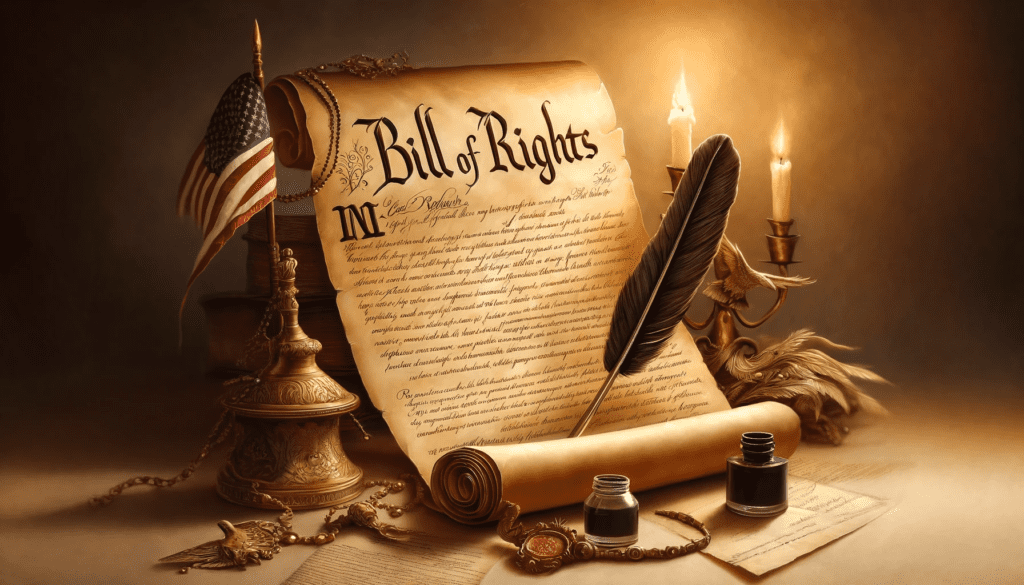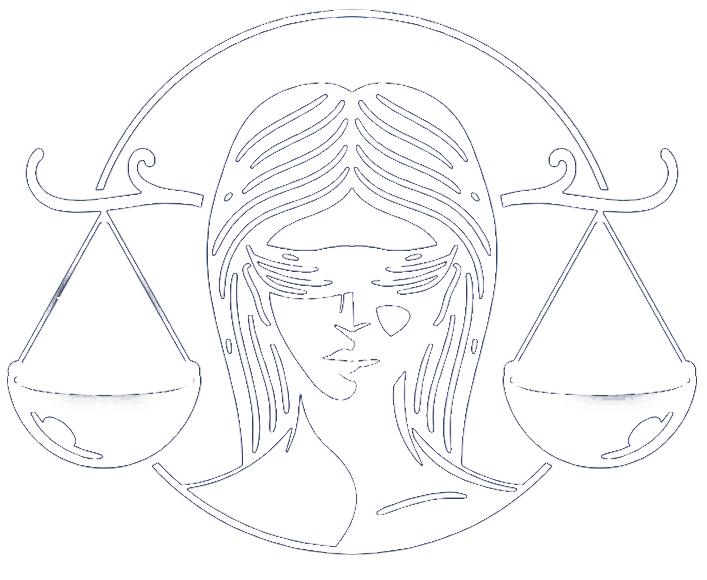As Americans, we love to stand by our rights. Our Right to Free Speech. A Fair Trial. To Bear Arms. To not have the military occupy our homes.

Standard stuff – but, are the rights you learned about in school as iron-clad as you were led to believe?
You have the First Amendment Right to Free Speech, but can you verbally threaten someone without repercussion? Can you yell “fire” in a crowded theater? Can you lie about someone publicly?
- What are rights?
- What rights do Americans have?
- What rights can be lost?
- When can you exercise your rights?
What are Rights? The Foundation of Liberty
Rights are the backbone of what it means to live in a free society. They’re the guarantees that keep things from going completely off the rails—like your ability to speak your mind without fear of being thrown in jail or your right to a fair trial if accused of a crime.
In simple terms, rights are entitlements protected by law or, sometimes, by social and ethical principles. For example, the right to vote isn’t just a nice idea; it’s a legal guarantee (at least for most Americans). Compare that to an ethical “right”—like expecting respect in a conversation. It’s nice to have, but there’s no enforcement if someone decides to be a jerk. It’s good to know which rights have enforcement mechanisms.
Rights give structure to liberties. Your liberty to walk down the street or start a business isn’t just “allowed”; it’s protected because of the rights written into our laws. Without rights, liberty is just a fragile idea that can disappear the moment someone more powerful decides they don’t like it. Liberty is the freedom to do or not do. Rights protect your liberty.
What Rights do Americans have? Constitutional Protections
Americans have a litany of rights. Our most widely known and generally understood, are laid out in the Bill of Rights. Here’s the highlight reel:
- First Amendment: Say what you want (within reason), worship how you want, and tell the government how much they’re screwing up.
- Second Amendment: Own a firearm. Usually. And not all kinds of firearms. Also, you can have militias.
- Fourth Amendment: Keep your stuff safe from unreasonable searches and seizures by the government.
- Fifth Amendment: Stay silent if speaking up could get you in trouble.
- Sixth Amendment: Speedy and public trial. Also you can look your accuser in the eye during.
The list goes on, but the point is that these rights are meant to give everyone the ability to live freely and equally under the law. Most of these were a direct result of countering the way the English monarchy and rulers were abusing their criminal justice system at the time.
- Throwing critics of the powers-that-be in jail without trial.
- Unfair practices during trials, if they made it to trial.
- Excessive and severe punishment for crimes.
Our rights all were formulated to provide maximal liberty in contrast with what was happening on the other side of the Atlantic.
Rights Can Be Lost: Felonies and Their Impact
The harsh truth that 8% of Americans know – that’s 1 in 12 by the way, or 19,000,000 people – is that you can have your rights taken from you. They may be dubbed as “God-given”, but they can be “governmentally-taken.”
8% of Americans are felons. That’s 1 in 12. That’s 19,000,000 people.

Now, keep in mind, felonies differ. There are federal felonies and state felonies. Some come with conditions and some don’t. Some states have different rules than others about what rights are lost.
That being said, voting, owning or possessing firearms, jury duty, many social benefits and housing, traveling to other countries, parental rights, and others can and will be stripped from you for receiving a felony. You might be saying to yourself, “well, yes obviously if you’re a convicted felon, you shouldn’t be able to own a gun,” or, “felons would certainly be more lenient and biased toward criminals if they were to serve on a jury.” Sure. Those are valid opinions, and it’s your right to have them and let your opinion be known.
That being said though, rights are not eternal. Rights are not guaranteed for life. Rights can be taken as quickly as they can be enforced. If you are someone that puts a very high value on your rights, be cognizant of your actions. Receiving a felony doesn’t just affect the person convicted. It creates a ripple effect in communities, especially marginalized ones, where felony convictions are disproportionately handed out. When you lose these rights, you lose a piece of your voice in society.
That message goes especially strong for 18 to young 20s men and women that don’t have fully formed prefrontal cortexes. AKA the part of the brain responsible for decision-making, reasoning, and impulse control.
They Are NOT All-Encompassing. Don’t Push It!
So, now that the felon aspect is out of the way, let’s discuss the other 92% of the country. You have all of your rights in tact. You’re a law-abiding citizen. You want to express your First and Second Amendment Rights, so you grab a machine gun and start threatening people. You have the right to bear arms AND the right to free speech. You’re having a good ole time. Wait. Why are people calling the police right now? What’s the problem?

Obviously, rights have restrictions, for good or bad. There are core reasons for rights and when you adulterate those reasons that the rights were provided, you get into dangerous territory. The First Amendment really is in place to be critical of your leaders, community, potholes, neighbor’s barking dog, etc, without governmental interference.
It wasn’t enshrined in the Bill of Rights so you could tell a 7/11 employee that you’re going to whoop his a** when he gets off because they ran out of breakfast Tornados.
That’s an abuse of what the Right was intended for.
The right with the biggest points of contention is the Second Amendment. Long story short – many feel the point of Second Amendment is one of the following:
- Hunt with a .22 rifle.
- Unfettered access to weapons to repel against a tyrannical government.
- Own a handgun to protect your house and family.
Each group generally has vast differences in what restrictions they think should come with this right, ranging from heavy restrictions to no restrictions whatsoever. That being said, as of January 2025, 99% of Americans can not go out and buy a machine gun (Firearms Owner’s Protection Act of 1986).
Why Standing Up For Your Rights Is Important
Rights don’t enforce themselves. If no one stands up for them, they might as well not exist. History is full of people who refused to sit quietly when their rights were under attack—people like Rosa Parks, who wouldn’t give up her seat, or even whistleblowers who risk everything to expose government overreach.
Standing up for your rights isn’t just about protecting yourself; it’s about setting a precedent for others. When you fight back against unfair treatment, you’re reminding everyone, including those in power, that rights aren’t negotiable.
Even if you’re not personally under threat, staying informed and vocal helps create a society where rights are respected. After all, it’s easier to keep your rights than to get them back once they’re gone.
Conclusion
Rights are what keep this whole thing from falling apart. They’re the backbone of what it means to live in a free society, giving us the ability to speak our minds, protect ourselves, and demand fairness. But as strong as they may seem, they’re not unbreakable. Rights can be limited, misunderstood, or even taken away. Whether it’s yelling “fire” in a crowded theater or losing the ability to vote after a felony conviction, our rights are only as solid as the structure we build around them.
Here’s the thing: rights don’t just stand up on their own. They need people to protect them, fight for them, and make sure they’re there for the next generation. History has shown us what happens when people refuse to back down—whether it’s Rosa Parks on a bus or anyone else standing up for what’s just. That fight matters.
Thanks,
Brad


